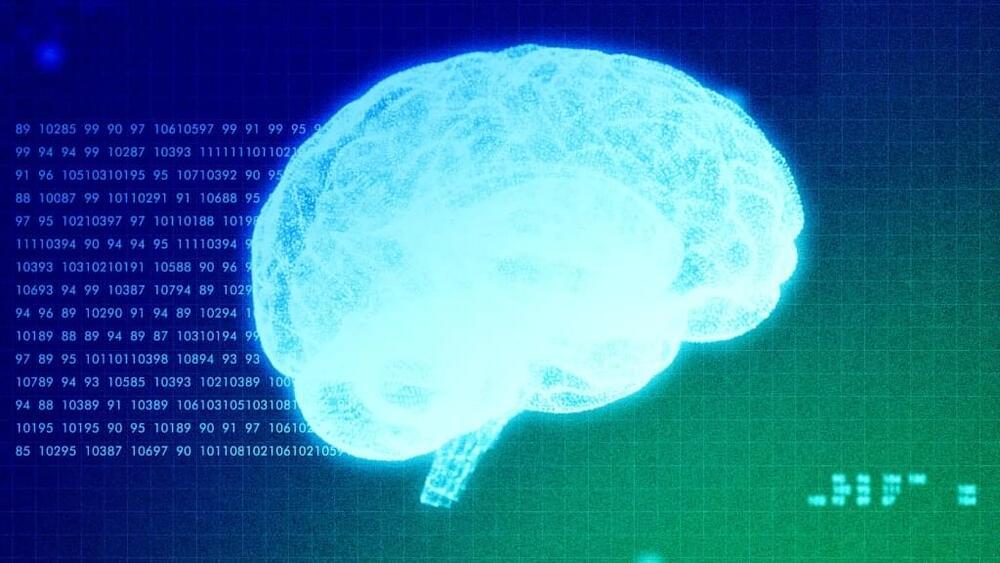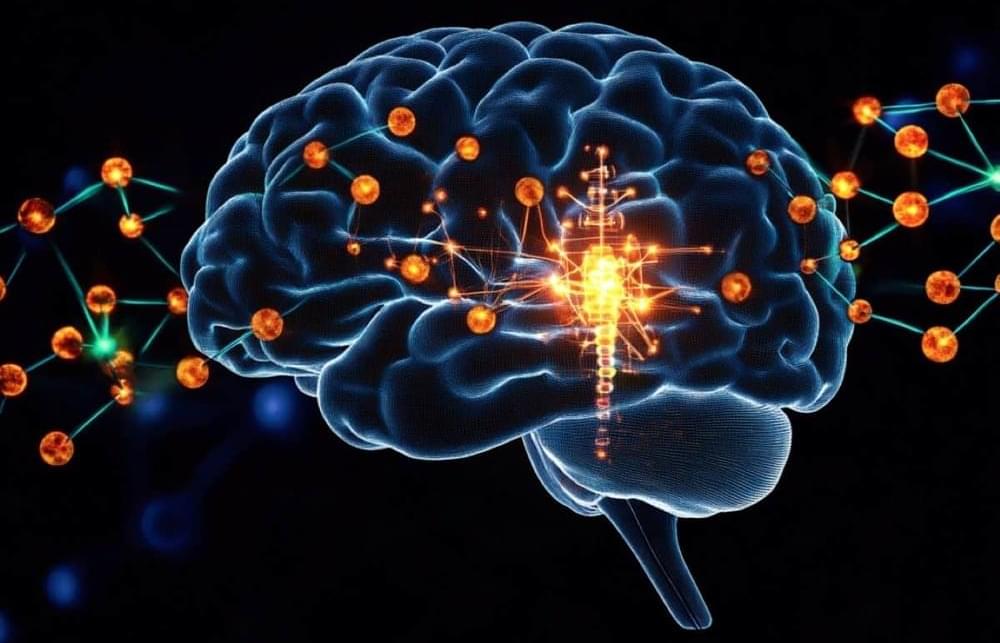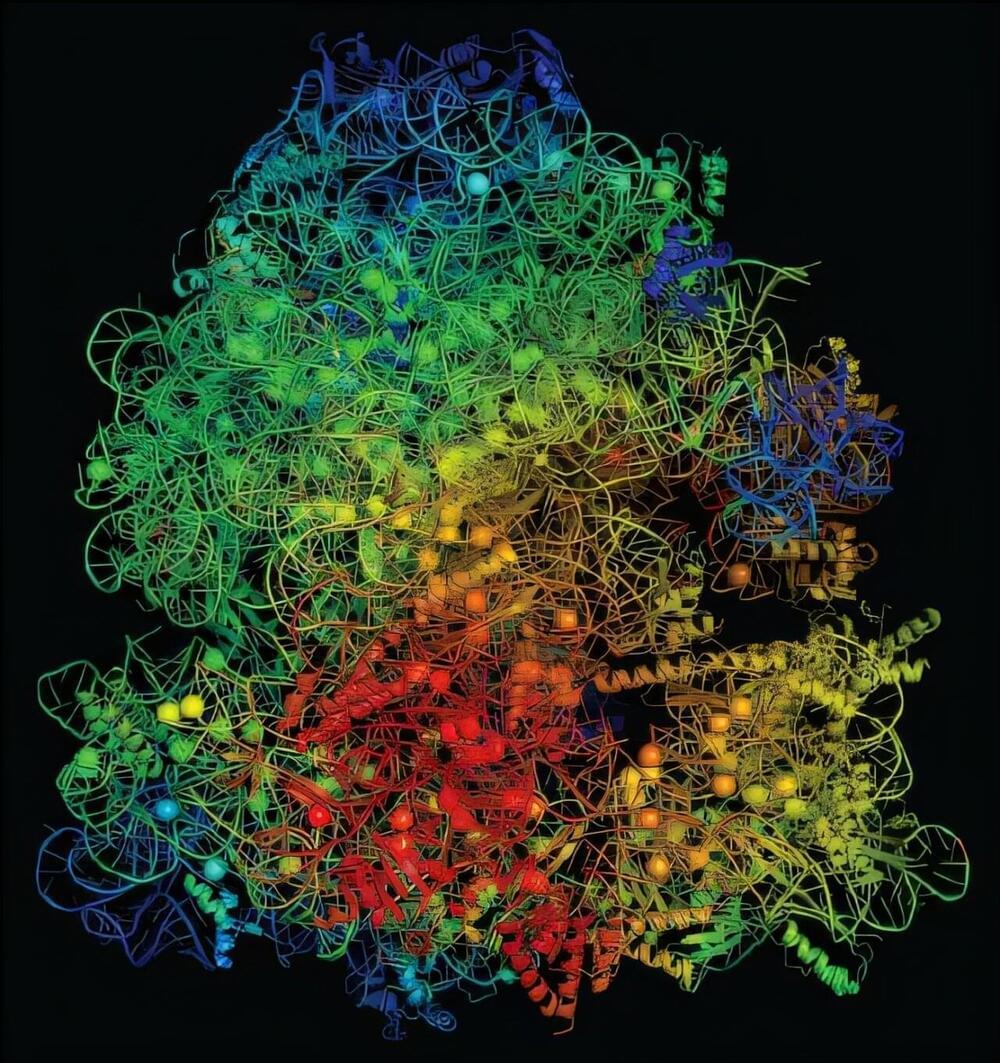Nov 15, 2024
New GPS system for microorganisms could revolutionise police work
Posted by Omuterema Akhahenda in categories: biotech/medical, robotics/AI
A research team led by Lund University in Sweden has developed an AI tool that traces back the most recent places you have been to.
Microorganisms are organisms, such as bacteria, that are invisible to the naked eye. The word microbiome is used to describe all the microorganisms in a particular environment. Establishing the geographical source of a microbiome sample has been a considerable challenge up to now.
However, in a new study, published in the research journal Genome Biology and Evolution, a research team presents the tool Microbiome Geographic Population Structure (mGPS). It is a unique instrument that uses ground-breaking AI technology to localise samples to specific bodies or water, countries and cities. The researchers discovered that many places have unique bacteria populations, so when you touch a handrail at a train station or bus stop, you pick up bacteria that can then be used to link you back to the exact place.
Continue reading “New GPS system for microorganisms could revolutionise police work” »


















